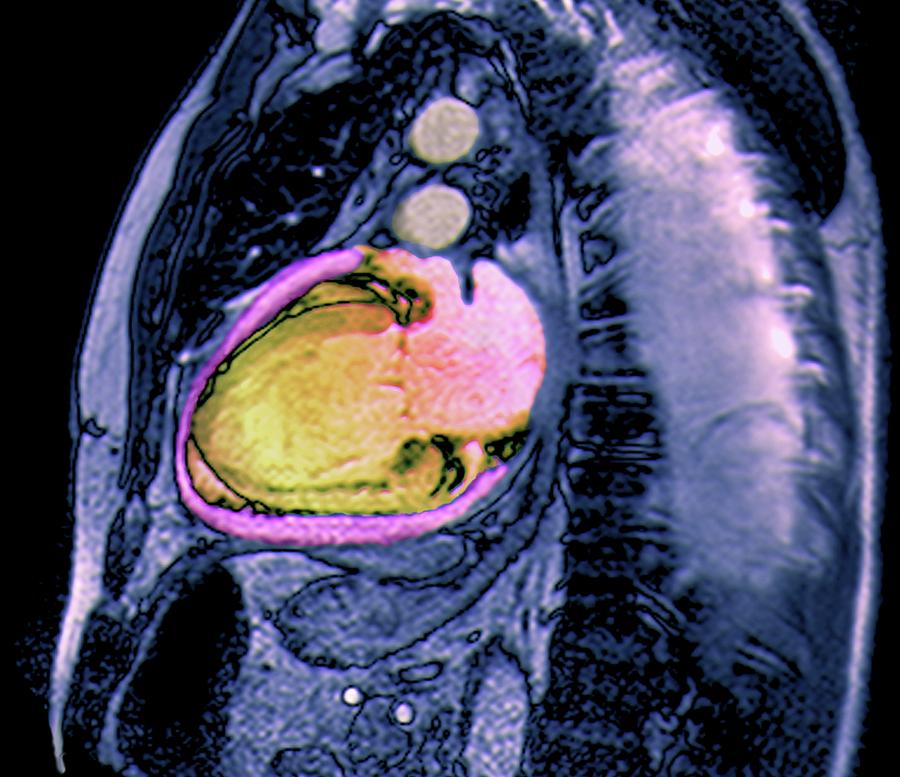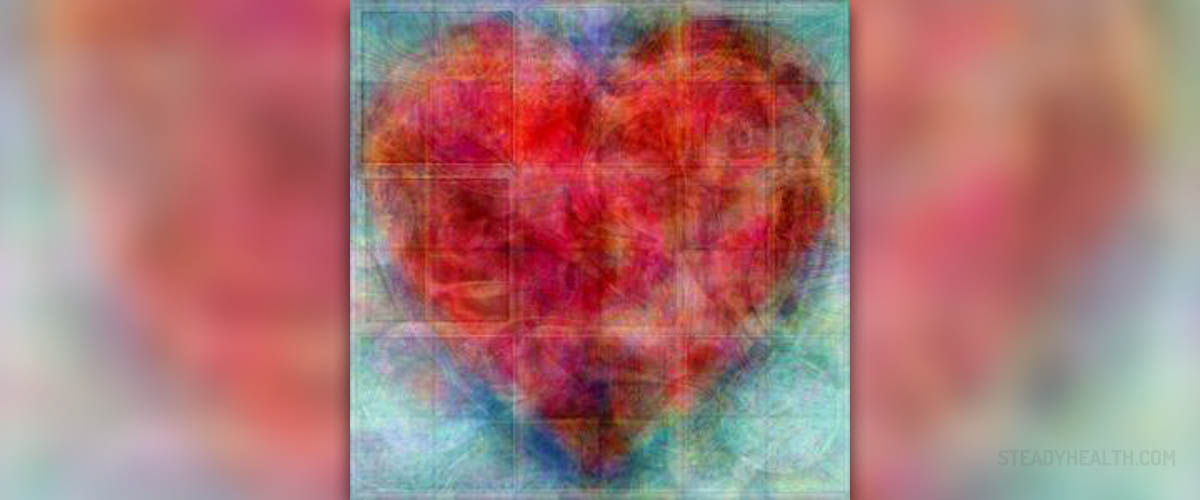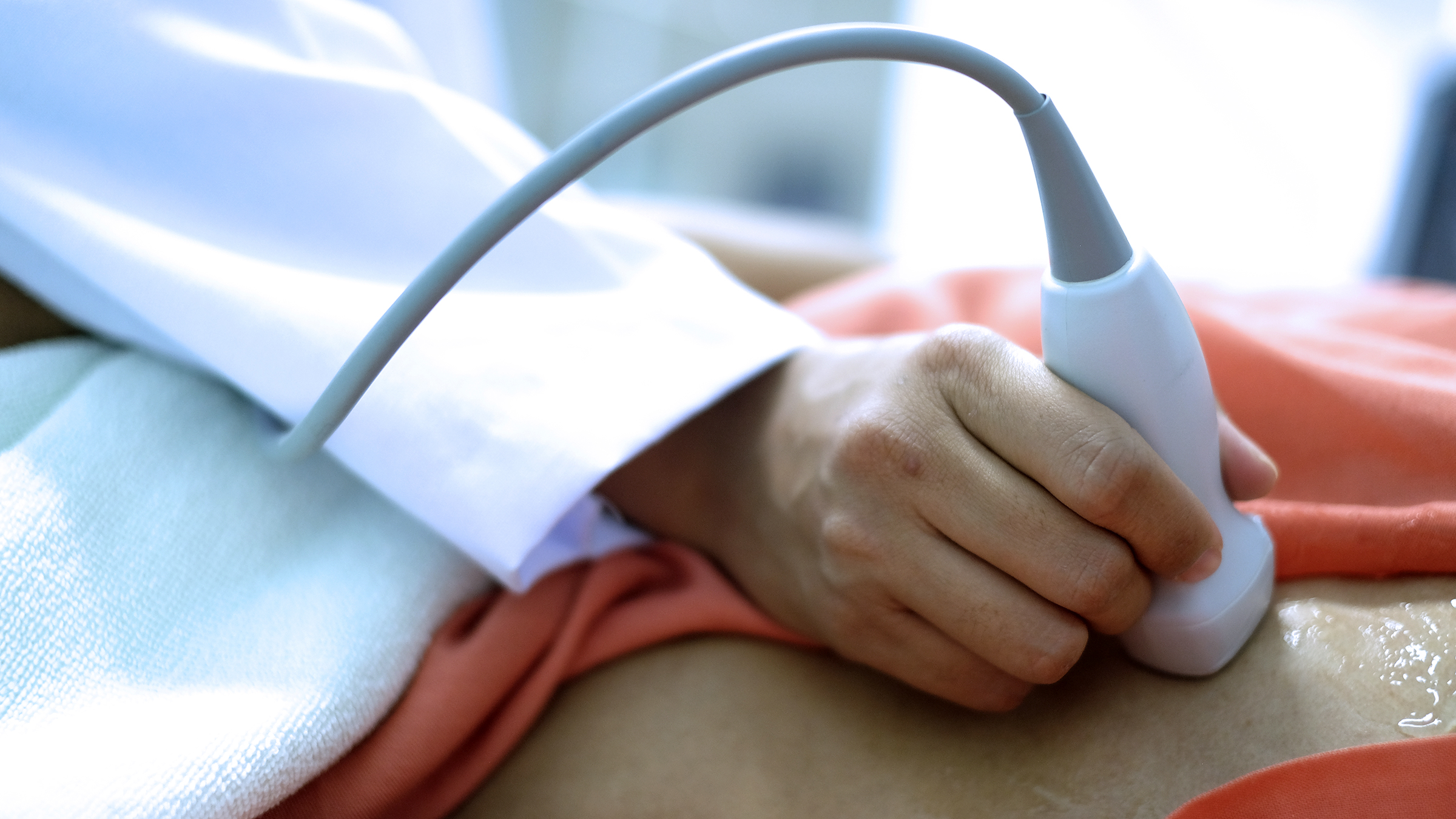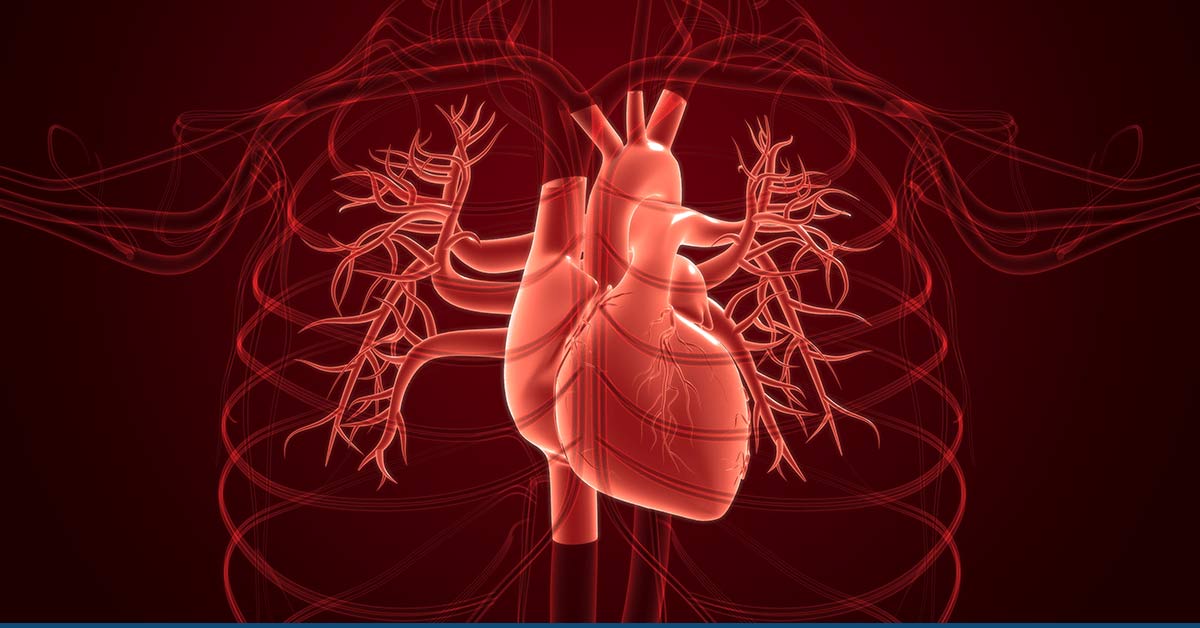Painstaking Lessons Of Tips About How To Treat Fluid Around The Heart
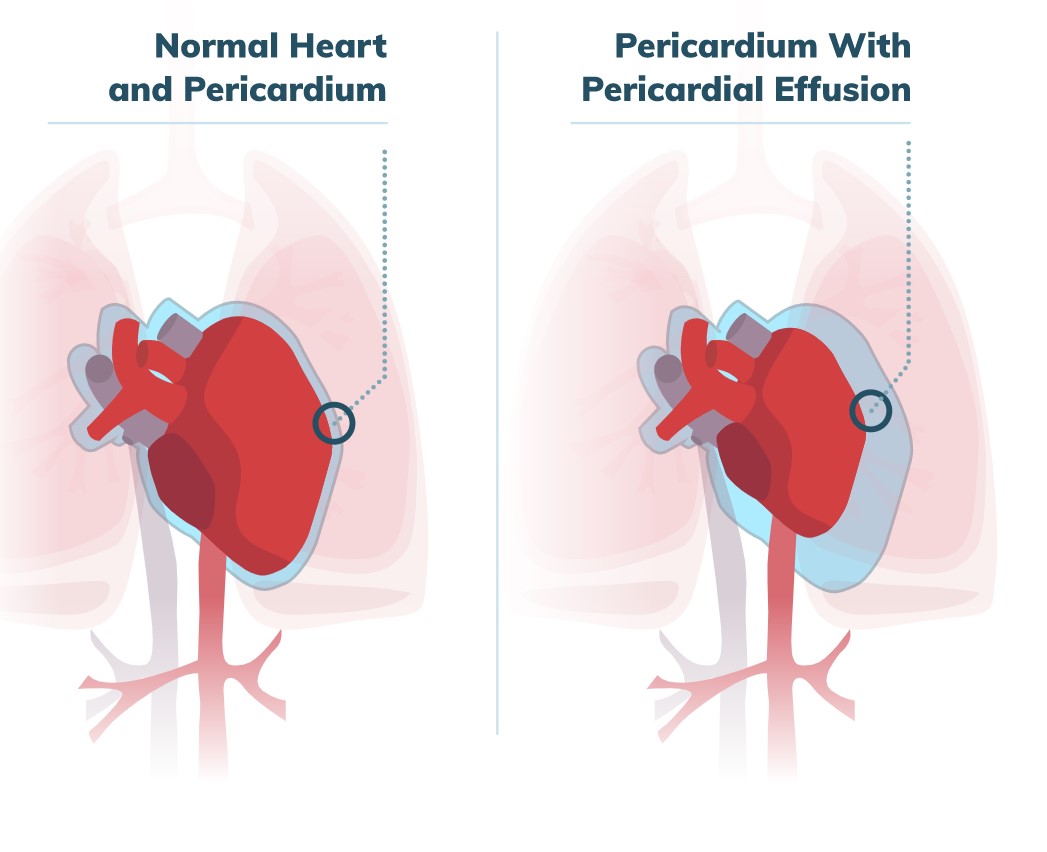
Analysis of the fluid removed from around the heart to check for.
How to treat fluid around the heart. A small amount of fluid around the heart might not require. Cardiac catheterization and heart muscle biopsy. When it happens quickly or involves a large.
Thickening and scarring of the heart lining. They may use tests such as: Treatment treatment for pericarditis depends on the cause and the severity of the symptoms.
2 min read pericardiocentesis, also called a pericardial tap, is a procedure in which a needle and catheter remove fluid from the pericardium, the sac around your heart. A health care provider can base a. Fever shortness of breath muscle aches nausea and vomiting diarrhea (associated with viral illness) fluid around the heart that is not related to pericarditis.
Pericardial effusion pericardial effusion is an accumulation of fluid in the pericardium, the sac that holds your heart. Many different medical conditions can cause a pericardial effusion, a collection of fluid around the heart. An echocardiogram can help determine if there's fluid around the heart.
Inflammatory conditions, such as rheumatoid arthritis. If there's bleeding into the pericardium, especially. My uncle was told he had fluid around his heart.
Health library / diseases & conditions / pericarditis pericarditis pericarditis is an inflammation of the pericardium or sac that contains your heart. Certain cancers can cause a pericardial effusion. Fluid buildup around the heart (pericardial effusion).
In pericarditis, the pericardium gets inflamed, and blood or fluid can leak into it. Treatment self care preparing for your appointment diagnosis breathing problems require immediate diagnosis and treatment. The fluid buildup can lead to further heart complications.
Dry cough swelling of the legs or abdomen the symptoms of pericarditis can be similar to those of a heart attack, pneumonia, pulmonary embolism, pneumothorax, pleurisy or. If a pericardial effusion is found, healthcare providers must try to diagnose the cause. What does that mean, and how is it treated?
A health care provider threads a thin. Pericarditis is most commonly caused by: Lung cancer, breast cancer, melanoma, and lymphomacan cause fluid to build up around your heart.
How pericardiocentesis drains excess fluid from around the heart. Treatment for pericardial effusion depends on the amount of fluid that has accumulated and the cause of the disorder.
